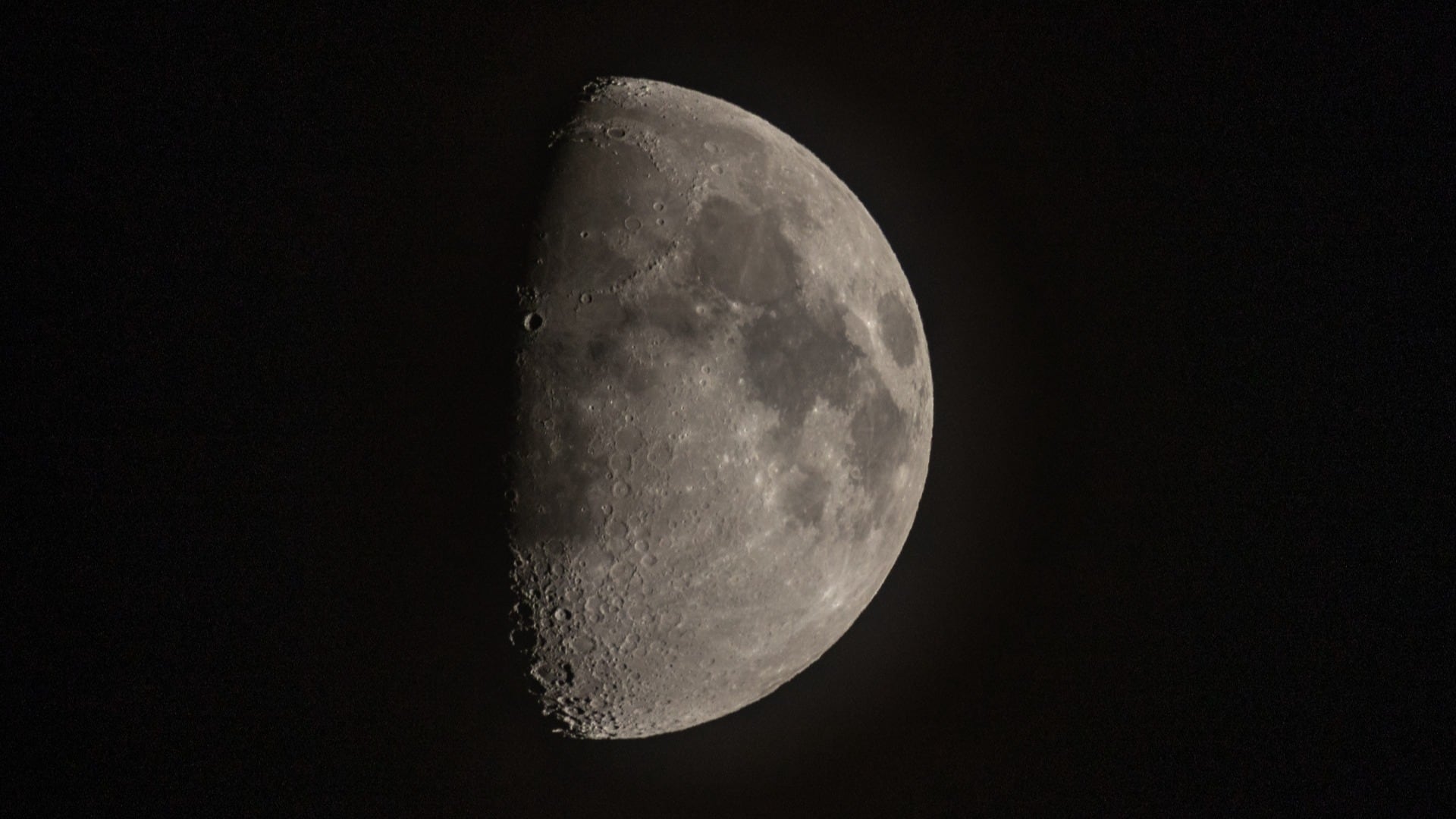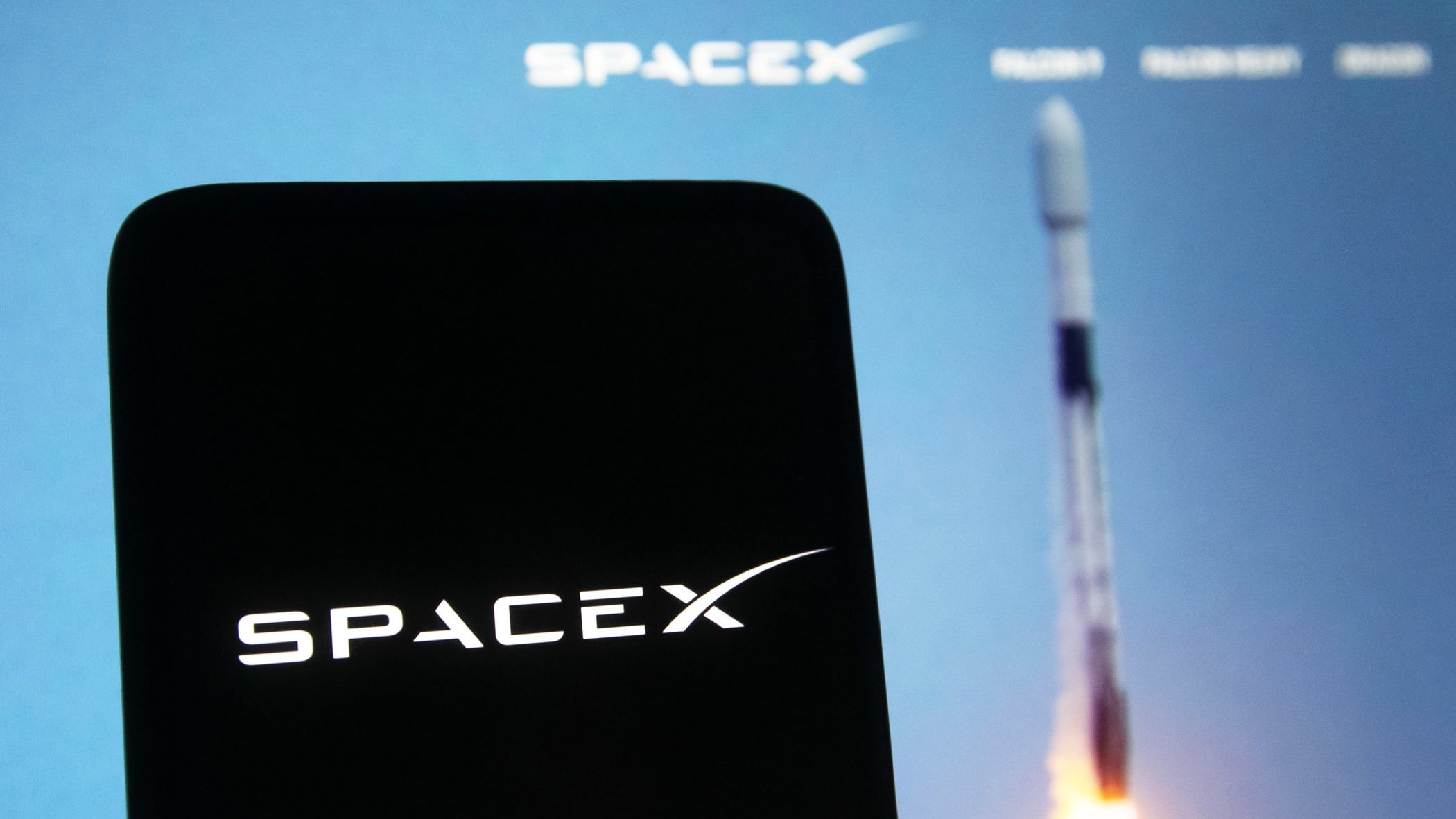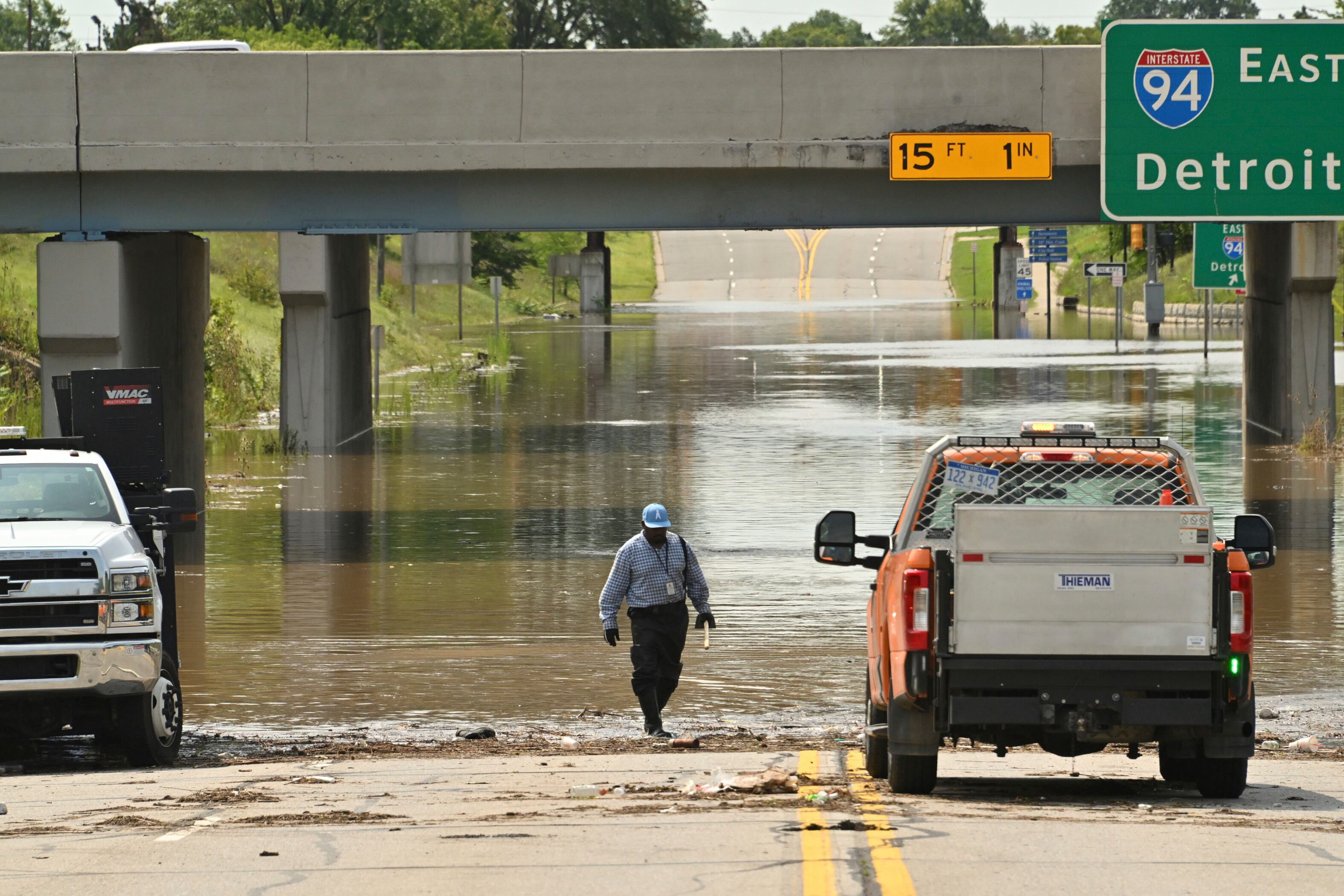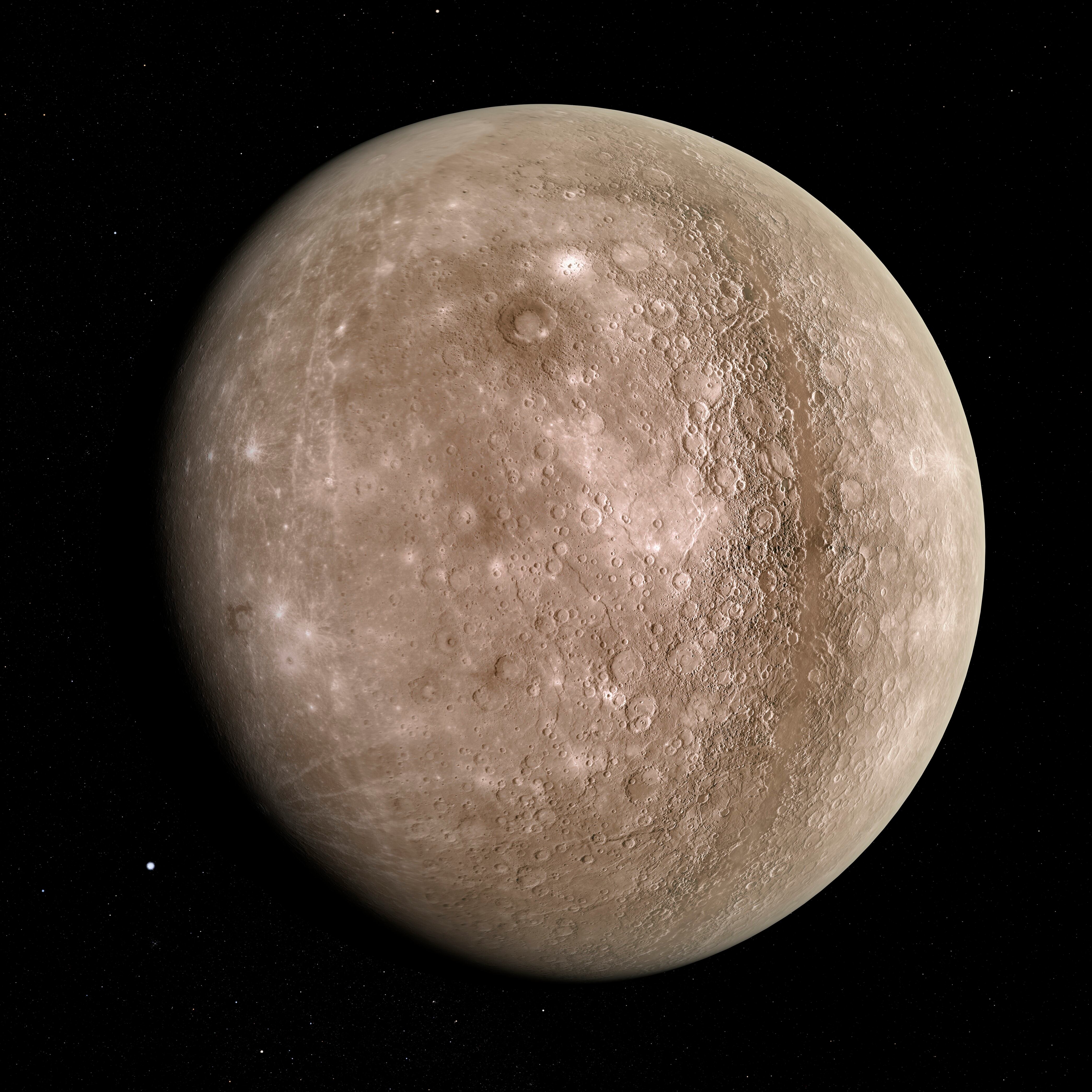While time is an Earthly concept, scientists are signaling it might be time to establish a time zone for the moon.
The idea first gained steam between global space organizations last year and has remained a relevant topic as multiple nations gear up for their own lunar missions. Currently, telling time on the moon is based on the country conducting the mission.
"During this meeting at ESTEC, we agreed on the importance and urgency of defining a common lunar reference time, which is internationally accepted and towards which all lunar systems and users may refer to. A joint international effort is now being launched towards achieving this," said Pietro Giordano, European Space Agency navigation system engineer.
Clocks run faster on the moon due to its weaker gravitational pull compared to Earth, with timepieces getting 56 milliseconds faster per day, according to the ESA.
The groups behind the push to establish this universal timekeeping standard are also debating which agency should set and maintain the moon clock once it launches.
Meanwhile, NASA's first manned mission to the moon in over 50 years is expected to land on the lunar surface in 2025.
A SpaceX-NASA mission that was due to launch into orbit Friday was called off and delayed until Saturday.
Diabetes and weight-loss drug Wegovy is shown to help people with a heart condition, according to a new study.
Cheddar News checks in with a coast-to-coast forecast of the weather for Friday, Aug. 25, 2023.
A Jersey Shore man has painted sea shells -- nearly 500 of them -- to raise awareness around epilepsy that have traveled as far as Asia and Australia.
The International Fund for Animal Welfare, which protects animals worldwide, is opening a first-of-its-kind short-term dolphin hospital on Cape Cod this month that it hopes will not only improve survivability rates, but also enhance the research it has developed over 25 years.
A new humanoid robot designed to do dull and dirty jobs has been unveiled by NASA.
The Mercury retrograde lasts until Sept. 15 as astrologers blame planets and stars for communications issues.
A new study suggests that teaching kids creativity can increase resilience.
A new study shows that marketers may be overstating fish oil benefits.
The Food and Drug Administration issued a warning about two brands of eye drops being sold online that they both have potential fungal and bacterial contamination.













